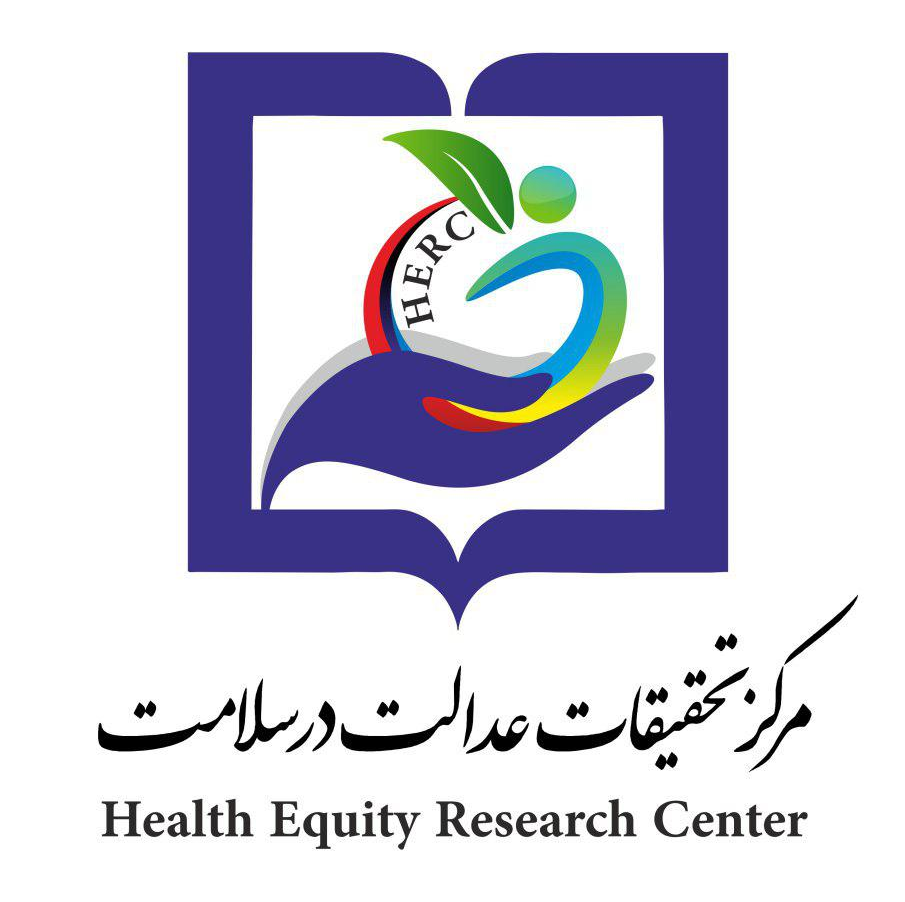Background
Social determinants have a significant impact on children’s development and their abilities and capacities, especially in early childhood. They can bring about inequity in living conditions of children and, as a result, lead to differences in various dimensions of development including the social, psychological, cognitive and emotional aspects. We aimed to identify and analyze the social determinants of Early Childhood Development (ECD) in Iran and provide policy implications to improve this social context.
Methods
In a qualitative study, data were collected through semi-structured interviews with 40 experts from October 2017 to June 2018. Based on Leichter’s (1979) framework and using the deductive approach, two independent researchers conducted the data analysis. We used MAXQDA.11 software for data management.
Results
We identified challenges related to ECD context in the form of 8 themes and 22 subthemes in 4 analytical categories relevant to the social determinants of ECD including: Structural factors (economic factors: 6 subthemes, political factors: 2 subthemes), Socio-cultural factors (the socio-cultural setting of society: 6 subthemes, the socio-cultural setting of family: 4 subthemes), Environmental or International factors (the role of international organizations: 1 subtheme, political sanctions: 1 subtheme), and Situational factors (genetic factors: 1 subtheme, the phenomenon of air pollution: 1 subtheme). We could identify 24 policy recommendations to improve the existing ECD context from the interviews and literature.
Conclusion
With regard to the challenges related to the social determinants of ECD, such as increasing social harms, decreasing social capital, lack of public awareness, increasing socio-economic inequities, economic instability, which can lead to the abuse and neglect of children or unfair differences in their growth and development, the following policy-making options are proposed: focusing on equity from early years in policies and programs, creating integration between policies and programs from different sectors, prioritizing children in the welfare umbrella, empowering families, raising community awareness, and expanding services and support for families, specially the deprived families subject to special subsidies.



No responses yet